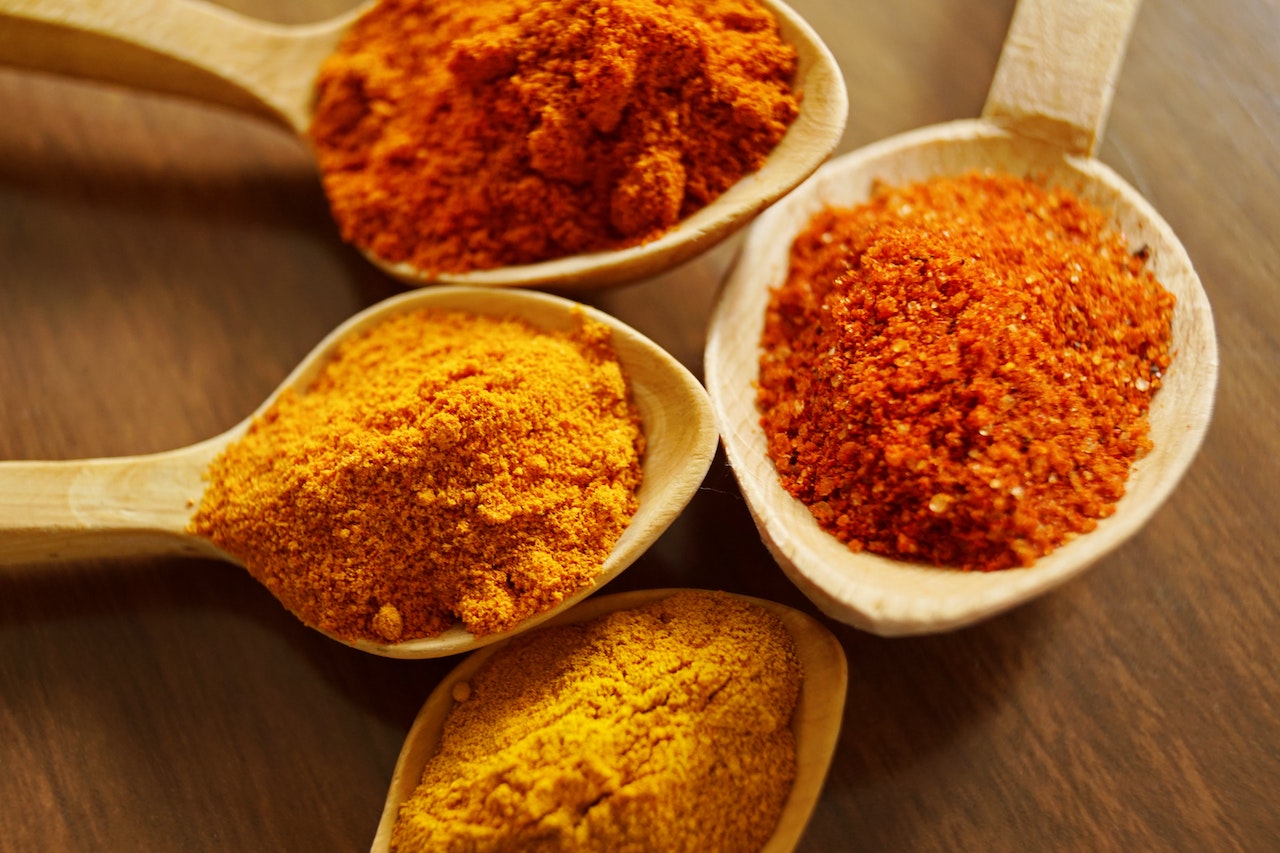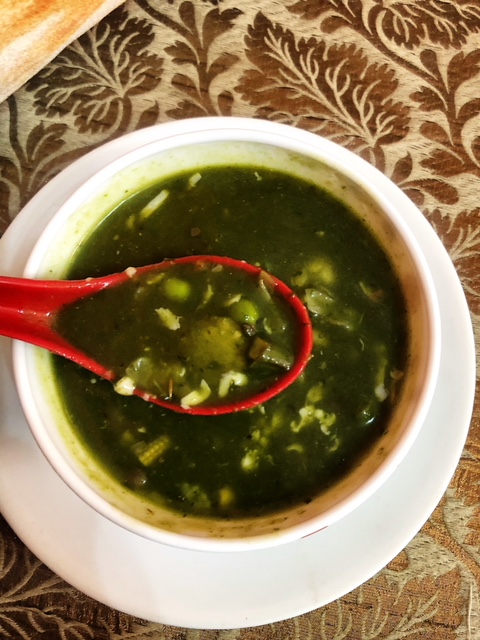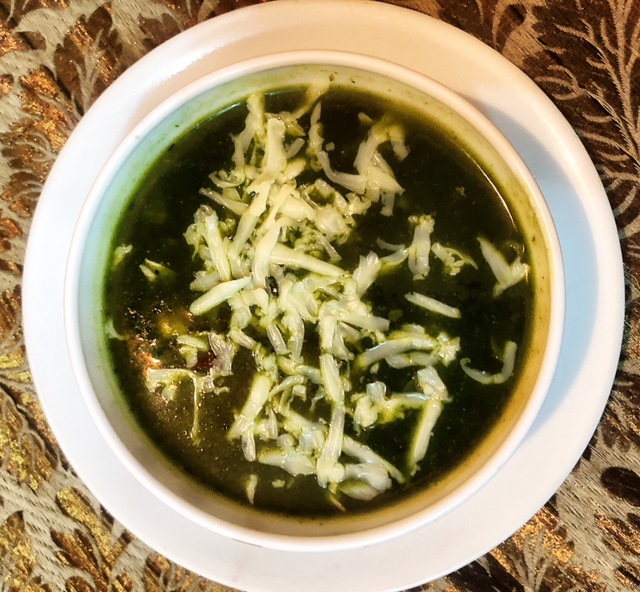
Image via Pixabay
A lot gets said about the best tactics for enhancing your overall health, ranging from all kinds of dramatic dietary recommendations, to adverts for particular exercise routines whose advocates are convinced can solve all the problems experienced by mankind, in short order.
But for all the fine-tuning you can do to try and get your body and mind performing to their optimal standards, there are also a wide range of more straightforward, holistic, and big-picture changes you can make, which can have a disproportionately large impact on your health and well-being as a whole.
Author Charles Duhigg writes in his book, “The Power of Habit”, about “keystone habits” — habits which set off a cascade of positive change, and lead to numerous positive habits, in and of themselves.
Here are some “keystone” approaches, strategies, and techniques, for improving your health.
Go camping
There are many benefits to camping, from getting more fresh air, to spending a larger proportion of your day being physically active, and even just benefiting from the apparently innate healing benefit of trees.
Researchers have, in the past, found evidence that patients in hospital rooms with windows facing trees, experience better health in a shorter timeframe than others.
Other research has suggested that people who live in more rural environments and spend more time in nature tend to be happier and healthier than those who don’t.
Researchers have also suggested that continuous bouts of low-level physical activity throughout the day — such as walking — have a profound impact on health; considerably more than a daily hour in the gym.
Research has also found that chronic insomniacs, when taken camping, quickly have their circadian rhythms rebalanced and are able to fall asleep, probably due to the natural cycles of light and dark. If you need to optimize your circadian rhythm, a few days spent in the great outdoors, without digital devices, may be the key.
Quit caffeine
Caffeine is a ubiquitous substance in today’s world — it’s pretty much everywhere, and it’s in virtually everything. Chocolate bars contain caffeine due to their cocoa content, coffee and energy drinks obviously contain it, but even other soft-drinks you wouldn’t expect — such as Lucozade — contain added caffeine.
Over time, however, constant caffeine use can lead to burnout and adrenal fatigue, as stress hormones are kept constantly high.
Quit caffeine and deal with the withdrawals (which can take a few months) and you’ll likely find that you have much more consistent energy levels as a result.
Eat as much as you need to feel satisfied
Many dieters who think they’re being healthy end up causing themselves severe health problems due to being restrictive eating patterns.
Eating at a caloric deficit — even one deemed “moderate” by modern diet gurus — can lead to major hormonal issues, including the shut-down of the thyroid — as evidenced by the Minnesota Starvation Experiment and similar studies.
There’s also evidence that yo-yo dieting causes the body to gain fat more easily in future.
To avoid these catastrophic outcomes, eat as much as you need, as often as you need it, in order to feel satisfied. Just stick to whole foods and whole-cooked meals, and limit processed food intake to every once in a while for special occasions.











